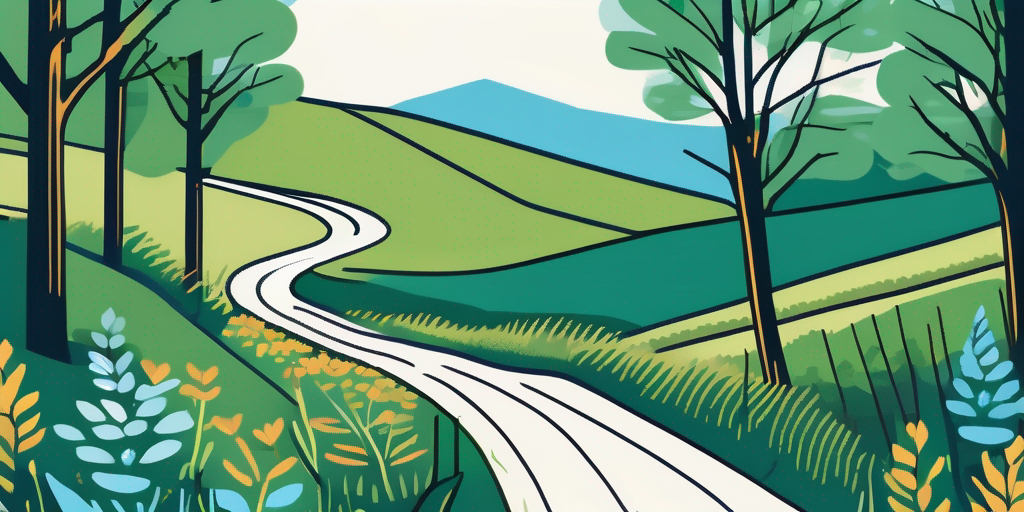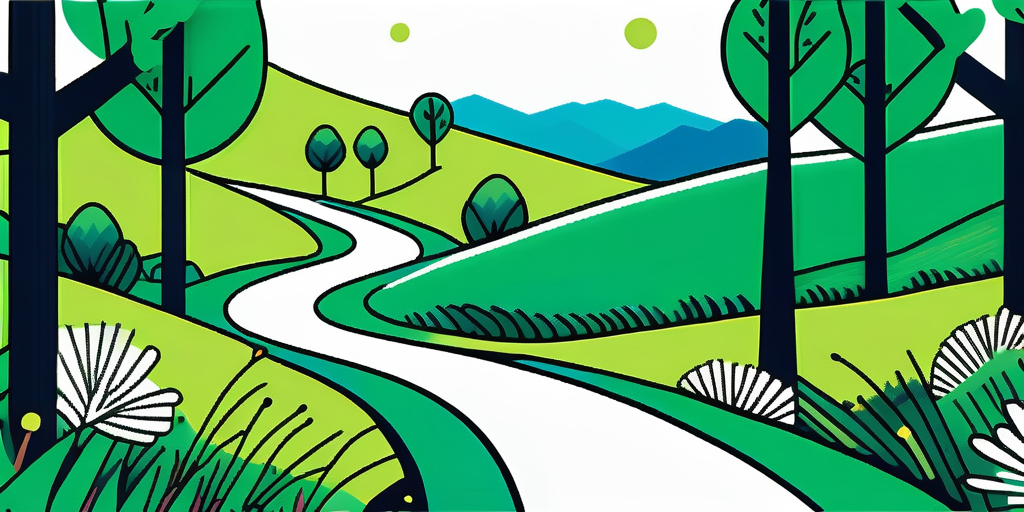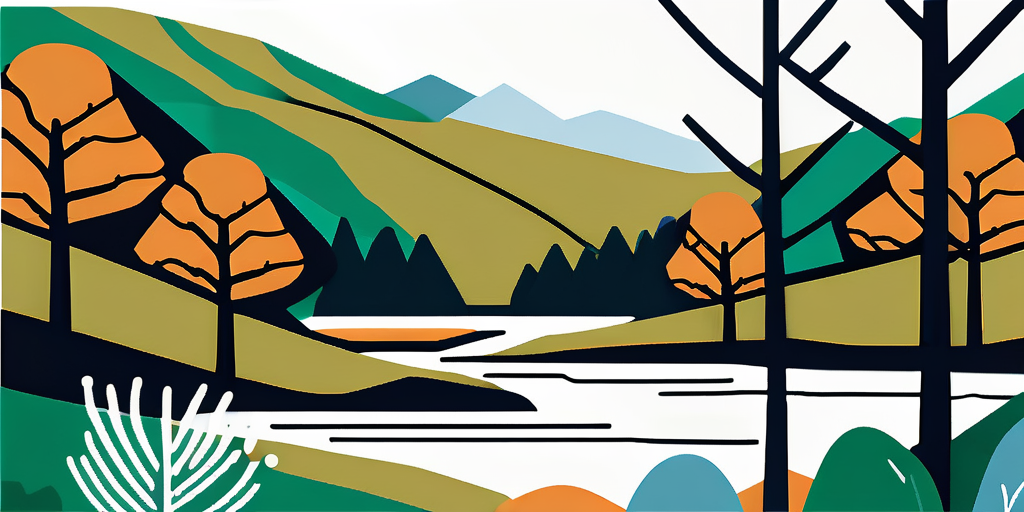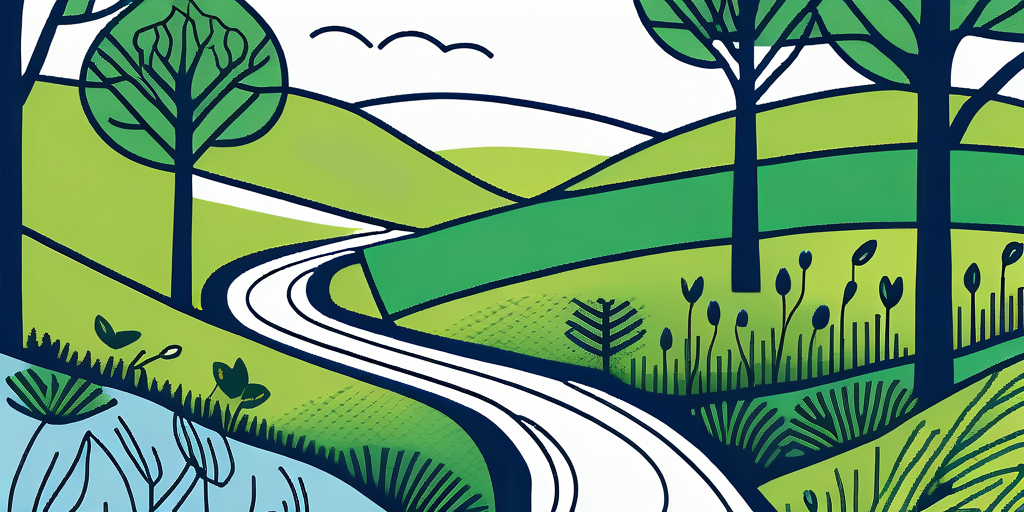
In an era where urbanization and digital living are at an all-time high, the significance of open spaces in fostering community connection and appreciation for nature remains paramount. Tennessee National's open spaces exemplify this balance beautifully, providing a refuge where nature and community intersect, allowing for personal and communal growth.
Open spaces refer to areas that are intentionally left undeveloped or are designed to be accessible for public enjoyment and use. These areas serve various functions, from recreational spaces to conservation efforts, and are vital for maintaining ecological balance. In Tennessee National, open spaces take on an added dimension, becoming not only places of refuge from the hustle and bustle of everyday life but also vital components of community infrastructure.

Open spaces play a critical role in the development of communities by providing essential venues for social interaction. Communities flourish when residents have a place to gather and engage in shared activities, and open spaces serve as perfect locales for this purpose. Parks, trails, and natural reserves encourage gatherings, picnics, festivals, and local events, fostering a spirit of togetherness.
Moreover, these areas are essential for cultural expression. They provide a backdrop for artistic endeavors, educational programs, and community workshops that help residents connect and celebrate their local culture. For instance, many communities utilize open spaces for farmers' markets, where local produce and crafts are showcased, allowing residents to support local businesses while enjoying the vibrant atmosphere. These markets not only promote economic growth but also strengthen community ties as neighbors come together to share in the experience.
The environmental benefits of open spaces are significant. These areas act as green lungs for urban environments, improving air quality and providing natural habitats for wildlife. Tennessee National is particularly rich in biodiversity, hosting a variety of plant and animal species. Maintaining a balance between development and open spaces is crucial for supporting these species and ensuring their survival.
Additionally, open spaces help mitigate the effects of climate change by absorbing rainwater, reducing flooding risks, and providing cooling benefits that combat urban heat. Thus, they are not just recreational assets but vital ecological components in a changing world. The presence of trees and vegetation in these areas also plays a crucial role in carbon sequestration, helping to offset greenhouse gas emissions. Furthermore, educational programs held in these open spaces can raise awareness about environmental stewardship, encouraging residents to engage in sustainable practices that protect their natural surroundings.
Tennessee National's open spaces are characterized by their unique landscapes, with rolling hills, lush forests, and pristine lakes. These features bring together beauty and function, providing a diverse array of ecosystems within the community. Residents can find elements of both tranquility and adventure, making it a perfect environment for everyone.

The landscape of Tennessee National is a tapestry of natural beauty, showcasing the region's native flora and fauna. Towering trees, vibrant meadows, and serene waterways create an inviting environment, promoting biodiversity and ecological balance. With carefully maintained trails and observation areas, residents and visitors can easily explore and appreciate the stunning surroundings.
This focus on preserving natural landscapes ensures that residents not only enjoy the beauty of their environment but also learn about ecological conservation, fostering a deeper appreciation for nature that resonates through generations. Educational programs and guided nature walks are often organized, allowing participants to gain insights into the local ecosystem, including the various species of birds, mammals, and plant life that thrive in this rich habitat. Such initiatives not only enhance community engagement but also empower individuals to become stewards of the land, advocating for sustainable practices that protect these cherished open spaces.
The open spaces in Tennessee National offer abundant recreational opportunities tailored to meet a variety of interests. Whether one is looking to hike, bike, fish, or simply enjoy a leisurely picnic, these spaces are designed to enhance outdoor experiences.
These opportunities not only promote an active lifestyle but also encourage families and friends to engage with one another in meaningful ways, leveraging the natural backdrop that Tennessee National provides. Seasonal events, such as outdoor movie nights and community barbecues, further enrich the social fabric of the area, bringing people together to celebrate the joys of nature and fellowship. Additionally, the open spaces serve as a venue for local artists and musicians to showcase their talents, fostering a vibrant cultural scene that complements the natural beauty of the surroundings. Whether it’s a quiet afternoon spent by the lake or an energetic weekend filled with community activities, Tennessee National’s open spaces truly cater to the diverse interests of its residents and visitors alike.
The interplay between open spaces and our connection to nature cannot be overstated. As modern life pulls us further towards screens and urban settings, finding solace in nature becomes increasingly essential. Tennessee National's open spaces offer a precious reminder of the importance of reconnecting with the natural world. The vast landscapes, vibrant flora, and diverse fauna serve as a sanctuary for those seeking respite from the hustle and bustle of daily life. With each visit, individuals are reminded of the beauty and tranquility that nature has to offer, reinforcing the need for such spaces in our increasingly urbanized lives.

Engagement with nature has been proven to enhance physical and mental well-being. The open spaces in Tennessee National promote healthy living by providing the perfect setting for exercise and outdoor activity. Regular visits to these areas encourage routines that incorporate physical movement, mindfulness, and relaxation. The trails winding through the forests not only offer a chance for cardiovascular exercise but also allow for moments of reflection and connection with the environment.
Whether it's a brisk walk through the woods, a yoga session by the lake, or simply enjoying the fresh air with loved ones, these activities foster a healthier lifestyle. The proximity to nature further enhances the overall benefits, allowing for visual stimulation and stress relief. Moreover, engaging in outdoor activities can lead to a sense of community, as families and friends gather to enjoy picnics, group hikes, or nature walks, strengthening social bonds while promoting physical health.
Numerous studies highlight the psychological benefits of spending time in nature. Open spaces in Tennessee National provide peaceful escapes, allowing individuals to disconnect from the stresses of everyday life and reconnect with themselves. The calming effect of natural surroundings enhances mood, reduces anxiety, and promotes overall well-being. In fact, research has shown that even brief interactions with nature can lead to significant improvements in mental health, making these open spaces invaluable for urban dwellers.
Additionally, these spaces inspire creativity and introspection. Artists, writers, and thinkers find inspiration in the tranquil beauty of nature, creating works that reflect the deep connection between their surroundings and their inner thoughts. The gentle rustle of leaves, the soothing sound of flowing water, and the vibrant colors of wildflowers can spark ideas and foster a sense of wonder. This connection to nature not only enriches personal creativity but also contributes to a broader cultural appreciation for the arts, as nature-inspired works resonate with audiences seeking solace and inspiration in their own lives.
As we look to the future, the preservation and enhancement of open spaces in Tennessee National remain crucial. With growth and development on the horizon, it is vital to strike a careful balance between expanding urban areas and preserving the natural environment. The increasing population density in nearby urban centers poses a challenge, yet it also presents an opportunity to rethink how we interact with our natural surroundings. By prioritizing open spaces, we can create urban environments that are not only livable but also enriching, allowing residents to enjoy the benefits of nature right at their doorstep.
Conservation initiatives play a significant role in maintaining and improving Tennessee National's open spaces. Local organizations actively promote eco-friendly practices, habitat restoration, and sustainable land use to ensure that these areas thrive for future generations. These efforts are often supported by partnerships with schools, businesses, and government agencies, creating a network of support that amplifies the impact of conservation activities.
Efforts include community clean-up days, educational workshops, and advocacy for sustainable development policies that prioritize green spaces. Engaging the community in these conservation efforts fosters a sense of ownership and responsibility for the environment, empowering residents to take an active role in preservation. Additionally, the incorporation of native plants in landscaping projects not only beautifies the area but also supports local wildlife, creating a vibrant ecosystem that benefits both nature and the community.
The community's engagement in preserving open spaces cannot be overstated. Local residents, armed with knowledge and passion, are the key to ensuring that these natural areas are cherished and maintained. By fostering a collective sense of stewardship, the community can advocate for policies and actions that prioritize nature. This grassroots involvement is essential, as it brings diverse perspectives and ideas to the forefront, ensuring that the management of these spaces reflects the values and needs of the people who live there.
Moreover, community members are encouraged to participate in decision-making processes regarding the development and use of open spaces. This inclusive approach ensures that the interests and needs of the community are represented, creating a harmonious relationship between people and nature. Workshops and forums provide a platform for dialogue, where residents can voice their concerns and aspirations for the future of their local environment. Such engagement not only strengthens community ties but also cultivates a deeper understanding of ecological principles, leading to more informed and sustainable choices in land use.
Ultimately, Tennessee National's open spaces are crucial for bridging the gap between communities and nature. By embracing and nurturing these areas, residents can foster a deeper appreciation for the environment, leading to healthier lifestyles, stronger community bonds, and a commitment to long-term sustainability. These spaces serve as vital havens for recreation, education, and relaxation, allowing individuals and families to connect with the natural world in meaningful ways. As we move forward, it is essential to recognize the intrinsic value of these open spaces, not just as a backdrop for urban life, but as integral components of our community's identity and well-being.